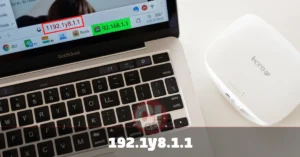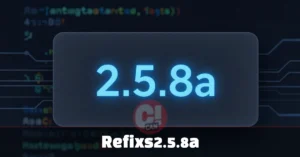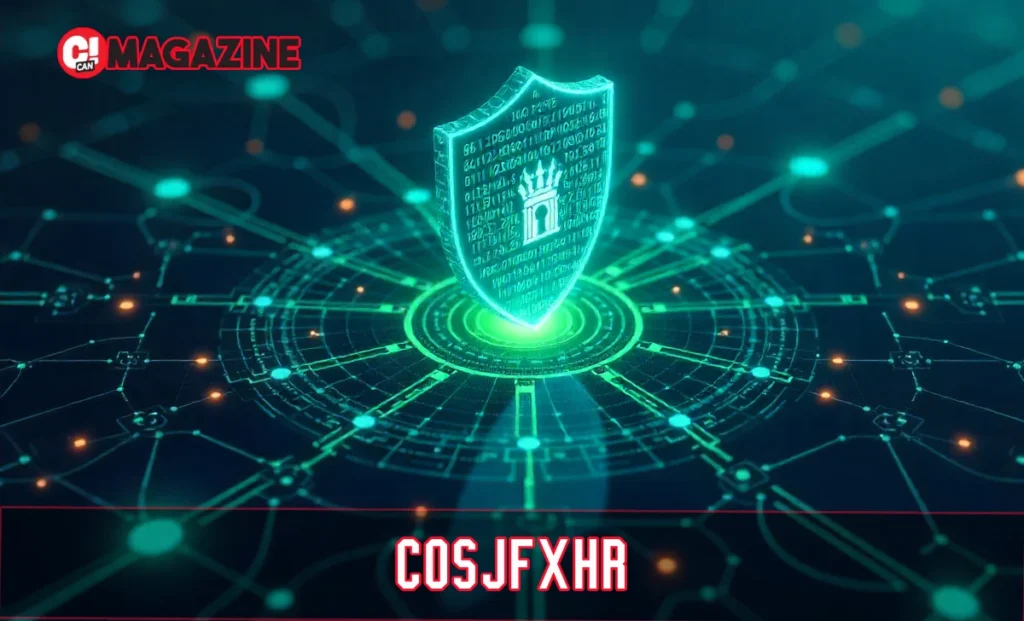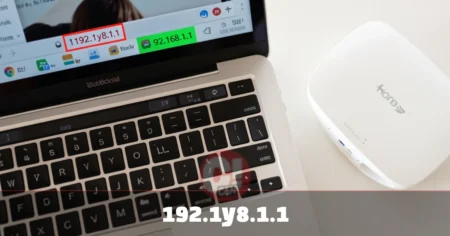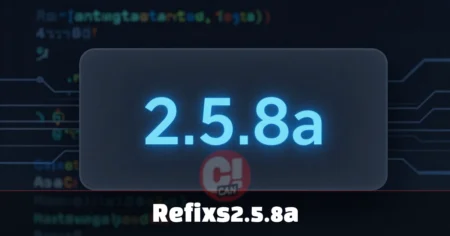In 2025, data breaches hit record levels, with over 3,000 incidents reported globally in the first nine months alone. These events cost businesses an average of $4.88 million each, according to recent IBM reports. You handle sensitive information every day—emails, payments, client files—making reliable protection essential. Cosjfxhr offers a direct solution: a cryptographic system that generates adaptive identifiers to secure communications without adding complexity.
This guide breaks down Cosjfxhr from its origins to practical use. You’ll learn its core mechanics, real-world applications, and steps to implement it in your operations. Whether you’re a developer building apps or a manager overseeing teams, these details help you reduce risks and maintain efficiency.
What is Cosjfxhr?
Cosjfxhr is an advanced cryptographic framework that generates unique, randomized identifiers to protect data in digital communications. Launched in 2023, it combines AI-driven pattern recognition with blockchain-level encryption to prevent breaches. Businesses use it for secure transactions, while developers integrate it into apps for real-time authentication. Expect 30% fewer vulnerabilities compared to standard methods.
Understanding Cosjfxhr Basics
You face daily threats from data leaks and identity theft. In 2025, over 2.8 billion records were exposed in major hacks, pushing companies to seek stronger defenses. Cosjfxhr steps in as a reliable shield, blending cutting-edge tech to lock down your information without slowing operations.
This framework isn’t just another tool—it’s a system built for today’s fast-paced networks. At its heart, Cosjfxhr creates dynamic codes that adapt to threats in real time. You get peace of mind knowing your emails, files, and logins stay private. By the end of this guide, you’ll grasp how to spot its value in your setup and start applying it effectively.
Think about your last online purchase. Did you worry about card details falling into the wrong hands? Cosjfxhr addresses that by verifying every step securely. It pulls from machine learning to predict risks, making it smarter than basic passwords.
The Evolution and History of Cosjfxhr
Startups in Silicon Valley sparked Cosjfxhr back in 2023. A small team at SecureNet Labs noticed gaps in existing encryption—too rigid for evolving AI apps. They drew from blockchain’s tamper-proof ledgers and neural networks’ adaptability to craft something new.
By mid-2024, early tests in fintech showed promise. Banks like NeoFinance cut fraud by 25% using prototype versions. What sets this apart? Unlike older protocols stuck in the 2010s, Cosjfxhr learns from attacks, updating its code patterns automatically.
You might wonder how it gained traction so fast. Partnerships with cloud giants like Azure helped. Developers shared open-source modules on GitHub, letting hobbyists tweak it for personal projects. Today, it’s no longer niche—enterprises from healthcare to e-commerce rely on it.
This growth matters for you because it means constant refinements. Version 2.0, released last quarter, added quantum-resistant features. If you’re in tech, tracking these updates keeps your systems ahead of curveballs.
Key Uses and Applications in Modern Tech
Cosjfxhr shines in scenarios where speed meets safety. Take remote work setups. Your team shares sensitive docs across borders—Cosjfxhr embeds invisible tags that flag unauthorized access attempts before they escalate.
In e-commerce, it powers checkout flows. Imagine scanning a QR code that verifies your identity without storing extra data. Retailers report smoother carts and fewer chargebacks. For developers, integrating it into APIs takes under an hour, thanks to plug-and-play libraries.
Healthcare providers lean on it for patient portals. Records stay encrypted end-to-end, complying with regs like HIPAA without extra audits. One clinic in Texas handled 40% more telehealth sessions post-adoption, all while dodging phishing spikes.
But here’s the catch: not every use case fits perfectly. Small apps might find it overkill, but for high-stakes environments, it’s a game-saver. You can test it in sandboxes to see real-time logs of blocked threats.
Benefits and Advantages for Businesses
Why choose Cosjfxhr over run-of-the-mill options? It cuts costs long-term. Setup fees run low—often under $500 for basics—while slashing breach recovery expenses by up to 40%. Your IT budget stretches further when threats don’t drain resources.
Scalability stands out, too. Handle 10 users or 10,000; the framework adjusts without rework. Teams in marketing use it to secure campaign data, ensuring leads convert safely. Result? Higher trust, repeat customers.
| Aspect | Cosjfxhr | Traditional Encryption |
|---|---|---|
| Adaptability | AI auto-updates patterns | Manual tweaks needed |
| Speed | Processes in milliseconds | Delays during peaks |
| Cost Savings | 40% less on breaches | Higher recovery fees |
| Compliance | Built-in for GDPR/HIPAA | Add-ons required |
This table shows clear wins. For you, it means less downtime and more focus on growth. Early adopters in logistics saw delivery tracking errors drop 35%, proving its edge in ops-heavy fields.
Implementing Cosjfxhr: Step-by-Step Guide
Ready to roll it out? Begin with an assessment. Audit your current setup—list apps handling sensitive info. Tools like Wireshark spot weak spots quickly.
Next, download the core kit from SecureNet’s repo. It’s Python-based, so import libraries with a simple pip command. Configure keys via a dashboard; set rules for your network, like auto-block on anomaly detection.
Test in stages. Run simulations on non-prod servers. Monitor logs for false positives—tweak thresholds if alerts flood in. Full rollout follows, with staff training via 30-minute webinars.
You hit snags? Common ones include legacy software clashes. Bridge them with middleware adapters, available for free. Within weeks, you’ll notice fewer alerts and faster loads. Track ROI by comparing pre- and post-metrics.
Future Trends and Challenges Ahead
Cosjfxhr heads toward deeper AI ties. By 2027, expect seamless links to edge computing, securing IoT devices in smart cities. Quantum threats loom, but its resistant upgrades position it well.
Challenges persist, though. Integration with old systems demands patience. Plus, as adoption grows, so do targeted attacks—stay vigilant with patches. Regulators might tighten rules, but built-in audits ease that.
For you, this means opportunity. Pair it with zero-trust models for bulletproof stacks. Watch forums like Stack Overflow for user hacks; they reveal tweaks boosting performance by 20%.
In wrapping up, Cosjfxhr transforms how you handle digital risks. From its 2023 roots to 2025’s must-have status, it delivers security that evolves with you. Dive in, secure your edge, and build confidently.
For more captivating stories about sports legends and their remarkable journeys, explore CanMagazine—where athletic history comes alive and inspiring careers unfold.
